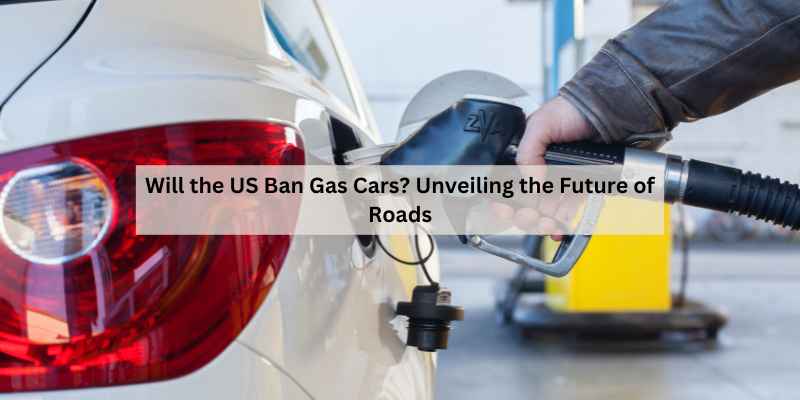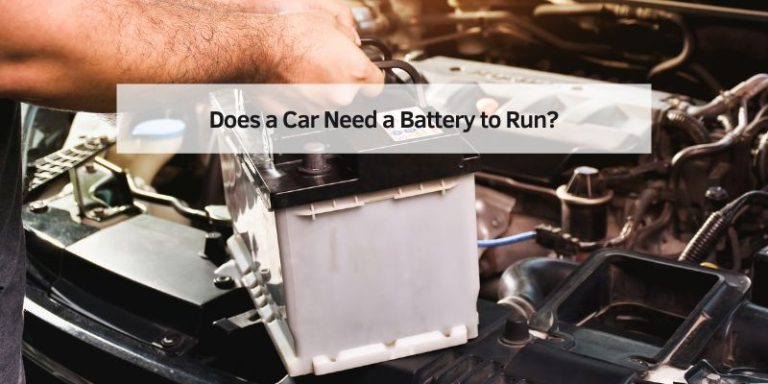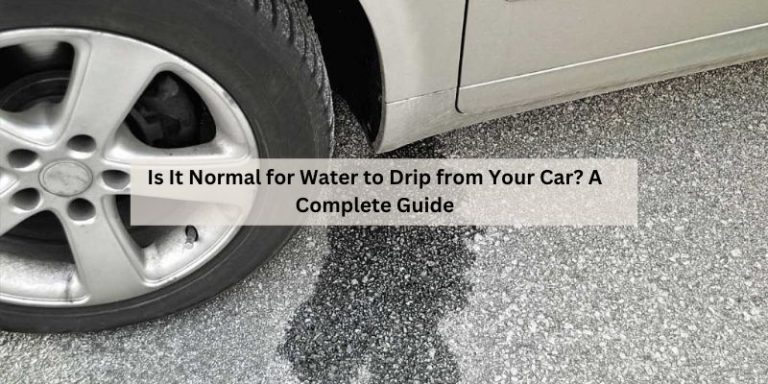Will the US Ban Gas Cars? Unveiling the Future of Roads
The U.S. Has not officially banned gas cars, but various states are implementing stricter emissions regulations. A complete ban may occur in the future, depending on policy changes.
The debate over banning gas cars in the U. S. Intensifies as environmental concerns rise. States like California are taking significant steps to reduce carbon emissions. Many cities aim for cleaner air and a sustainable future. The Biden administration supports electric vehicle adoption, proposing incentives for consumers.
Industry leaders are investing heavily in electric technology, signaling a shift in the automotive landscape. While a nationwide ban remains unlikely soon, some states are setting ambitious deadlines for phasing out gas-powered vehicles. This evolving situation reflects a broader global trend towards greener alternatives and energy independence. The future of transportation is undoubtedly changing, with electric vehicles at the forefront.
The Push Towards Electrification
The shift towards electric vehicles is gaining speed. Many countries are adopting strict regulations to limit gas cars. This trend aims to reduce greenhouse gas emissions and combat climate change.
Government incentives play a significant role. They encourage people to buy electric cars. Tax credits and rebates make electric vehicles more affordable. Some states offer benefits like carpool lane access for electric vehicles.
Policies are also evolving. Many regions plan to ban the sale of gas cars by 2030 or 2040. This change will push manufacturers to produce more electric models. Consumers will have more choices as technology improves.
Current Stance On Gas Cars
The federal government has set strict emission regulations. These rules aim to reduce air pollution. Car manufacturers must follow these standards. This helps protect the environment.
Many states are taking action too. Some have their own laws on gas cars. California leads the way with its strict rules. Other states may follow this example. Each state has unique plans to cut emissions.
| State | Gas Car Ban Year |
|---|---|
| California | 2035 |
| New York | 2035 |
| Washington | 2030 |
International Precedents
Many countries are taking steps to ban fossil fuel cars. Europe plans to ban these vehicles by 2035. This is to fight climate change and promote clean energy.
China has a strict Electric Vehicle Mandate. This law requires a certain number of electric cars to be sold. The goal is to reduce air pollution and reliance on oil.
These actions show a global trend towards sustainable transport. Other nations may follow these international precedents. The push for electric vehicles is becoming stronger every day.
Environmental Imperatives
Climate change is a big problem for our planet. Rising temperatures and extreme weather affect everyone. Gas cars are a major source of greenhouse gases. These gases trap heat in the atmosphere. Reducing gas car use is crucial for a healthier Earth.
Air quality also suffers from gas cars. They release harmful pollutants into the air. These pollutants can cause respiratory problems and other health issues. Cleaner alternatives, like electric cars, can help improve public health. Switching to greener options benefits everyone.
Economic Factors
The cost comparison between electric vehicles (EVs) and gas cars shows a clear trend. EVs have lower fuel costs, while gas cars face rising fuel prices. Maintenance for electric vehicles is often cheaper due to fewer moving parts.
In many cases, the upfront cost of EVs is higher. Yet, government incentives can help reduce this gap. Over time, EVs may save more money than gas cars.
| Factor | Gas Cars | Electric Vehicles (EVs) |
|---|---|---|
| Upfront Cost | Higher | Lower with incentives |
| Fuel Cost | Increasing | Lower |
| Maintenance Cost | Higher | Lower |
The auto industry is feeling the pressure. Manufacturers must adapt to changing consumer preferences. The shift towards sustainable options is crucial for future success.
Investments in EV technology are rising. Companies are expanding their electric vehicle offerings. This helps meet the demand for eco-friendly transportation.
Consumer Attitudes And Adoption
Consumer attitudes toward gas cars are changing. Many people now prefer electric vehicles. This shift affects market trends in car purchases.
Sales of electric cars are rising quickly. Traditional gas cars are losing popularity. Consumers want cleaner and greener options. The demand for electric models is growing each year.
Challenges still exist for consumer acceptance. High prices of electric cars can be a barrier. Many buyers worry about charging infrastructure. Some people are unsure about battery life and range.
Understanding these trends is crucial. As more options become available, acceptance may increase. The future of car buying is likely to be electric.
Infrastructure And Technology
The charging network expansion is crucial for electric vehicles. More charging stations lead to greater accessibility. This helps reduce range anxiety for drivers. Cities are increasing the number of fast chargers. These stations are often found in strategic locations.
Battery innovation plays a key role in reducing range anxiety. New batteries can hold more energy. This means longer driving distances without charging. Research is ongoing to improve battery life and efficiency. These advancements will make electric cars more appealing.
| Charging Network Expansion | Battery Innovation |
|---|---|
| More charging stations available | Longer battery life |
| Fast chargers in key locations | Improved energy density |
| Easy access for all drivers | Ongoing research and development |
Potential Roadmap For A Gas Car Ban
The timeline for phasing out gas cars shows key milestones. States may start banning new gas cars by 2035. Many major cities plan to follow this path. The shift to electric vehicles is gaining momentum. Public support for clean energy is rising.
Legal and legislative challenges will arise during this transition. Some lawmakers may resist such changes. Others will push for better infrastructure for electric vehicles. Lawsuits could slow down the process. It’s essential to monitor these developments closely.
Many groups advocate for cleaner air and less pollution. They believe in the benefits of renewable energy. Sustainable transportation is a goal for the future. Expect new policies that support green technology soon.
“`
Impact On Oil Industry
The oil industry faces a big change. A shift in demand for petroleum is expected. Many people may choose electric cars instead of gas cars. This shift can hurt oil companies’ sales. They must adapt quickly to survive.
Adaptation strategies for oil companies are crucial. Investing in renewable energy sources is one option. They can also develop electric vehicle charging stations. Partnering with tech companies can help oil firms innovate. Another strategy is to improve refinery efficiency to stay competitive.
| Adaptation Strategy | Description |
|---|---|
| Invest in Renewable Energy | Focus on solar, wind, and other clean sources. |
| Develop Charging Stations | Create more locations for electric car charging. |
| Partner with Tech Companies | Collaborate to enhance technology and services. |
| Improve Refinery Efficiency | Make oil processing more effective and less wasteful. |
Looking Ahead
The future of cars may be electric. Many countries are considering bans on gas cars. An all-electric future has many benefits.
Electric cars can reduce air pollution. They also help fight climate change. People can save money on fuel costs.
Many companies are investing in charging stations. This makes electric cars more convenient. More people will want to buy them.
Debates continue about the best path forward. Some worry about the cost of electric cars. Others focus on the environmental benefits.
| Pros of Electric Cars | Cons of Electric Cars |
|---|---|
| Reduces air pollution | Higher initial cost |
| Lower fuel costs | Charging time |
| Supports renewable energy | Limited range |
Frequently Asked Questions
Will The Us Really Ban Gas Cars?
The US has not officially announced a complete ban on gas cars. However, several states have proposed legislation to phase them out by 2035. These proposals aim to reduce emissions and promote electric vehicles. The situation is evolving, so it’s important to stay updated on new developments.
What States Are Considering Gas Car Bans?
States like California, Washington, and New York are leading the charge. They have set ambitious goals to phase out gas-powered vehicles. Other states may follow suit, especially as climate change becomes a pressing issue. Monitoring state legislation can provide insight into future regulations.
What Are The Reasons For Banning Gas Cars?
The main reasons include reducing greenhouse gas emissions and improving air quality. Gas cars contribute significantly to pollution and climate change. Transitioning to electric vehicles can help mitigate these effects. This shift is also aligned with global sustainability goals.
How Will This Affect Car Buyers?
Car buyers may face limited options for gas vehicles in the future. As states implement bans, manufacturers will focus on electric models. This could lead to more innovation in the EV market. Consumers might also benefit from incentives for electric vehicle purchases.
Conclusion
The future of gas cars in the U. S. Remains uncertain. As environmental concerns grow, stricter regulations could emerge. Consumers may need to adapt to electric alternatives. Staying informed will be crucial for drivers. Embracing change can lead to a more sustainable future for everyone.
The transition is on the horizon.







